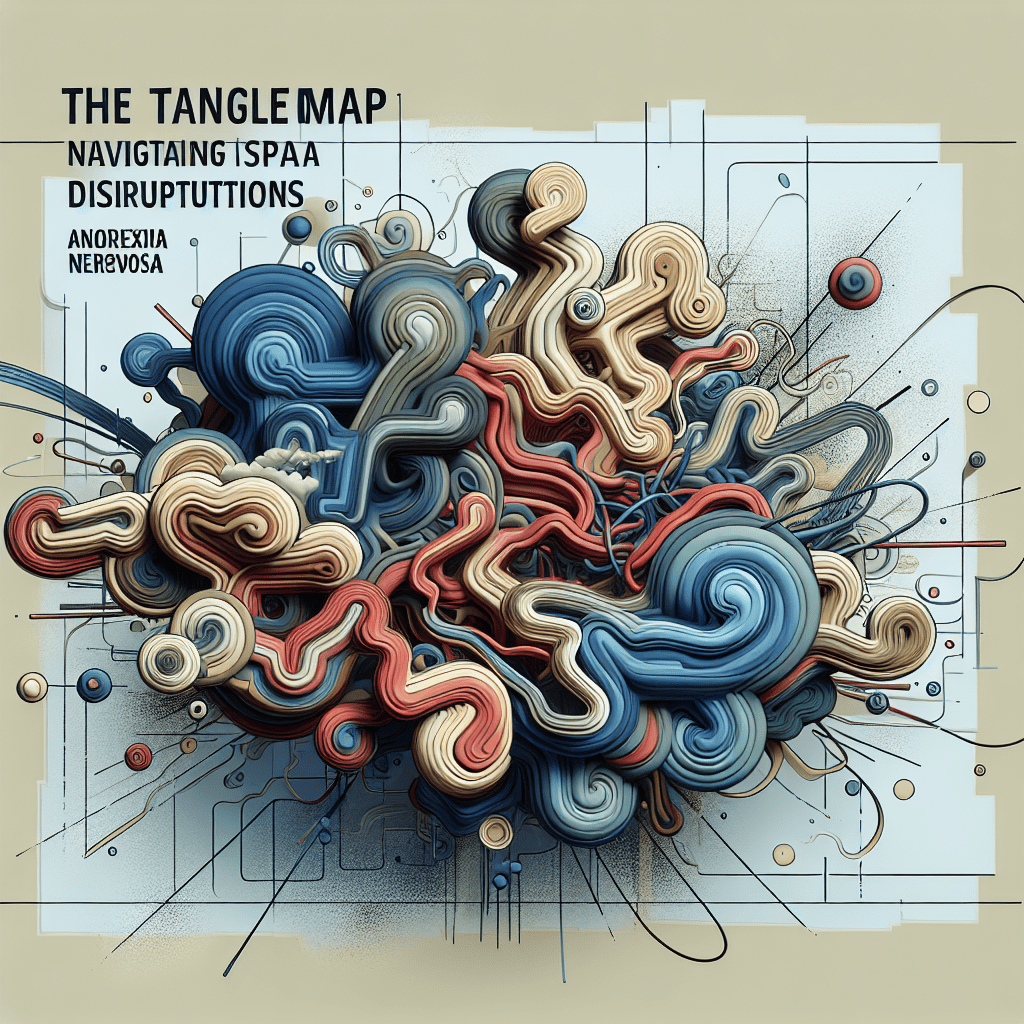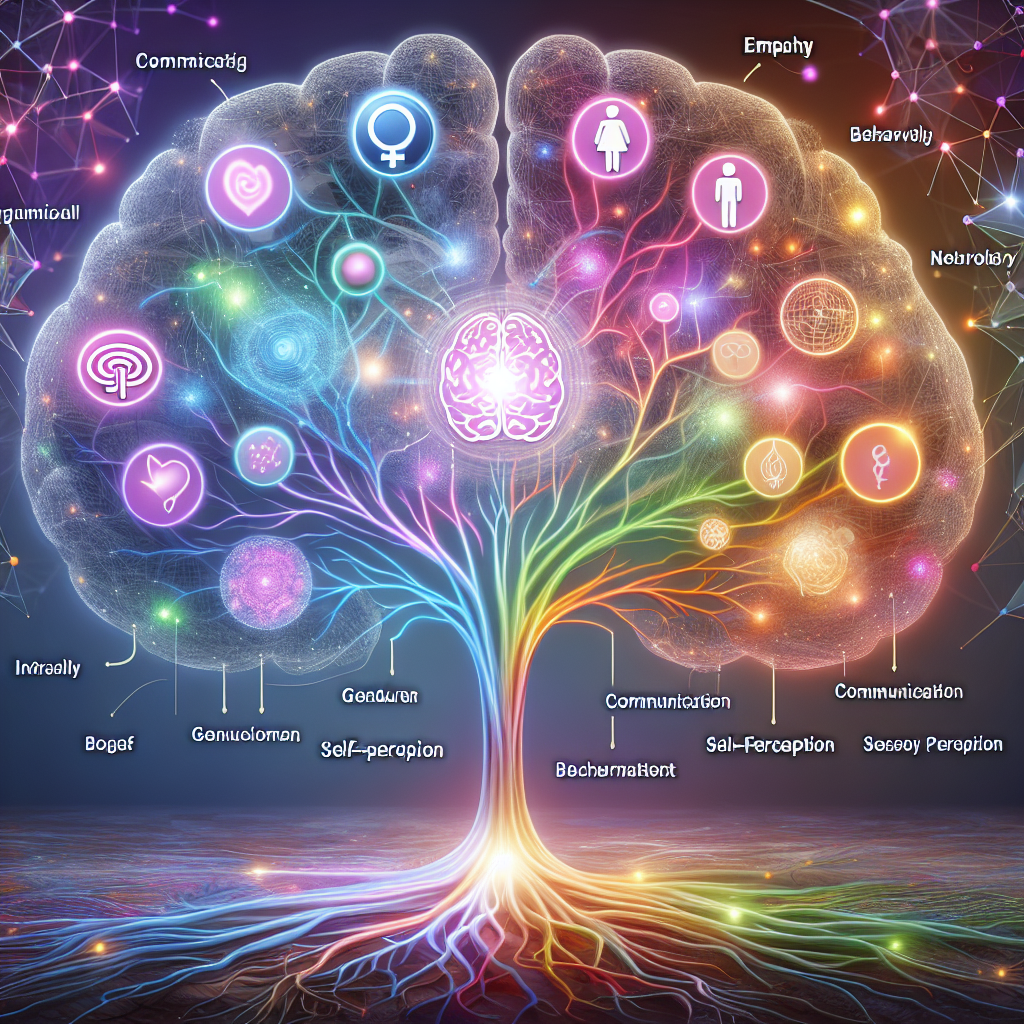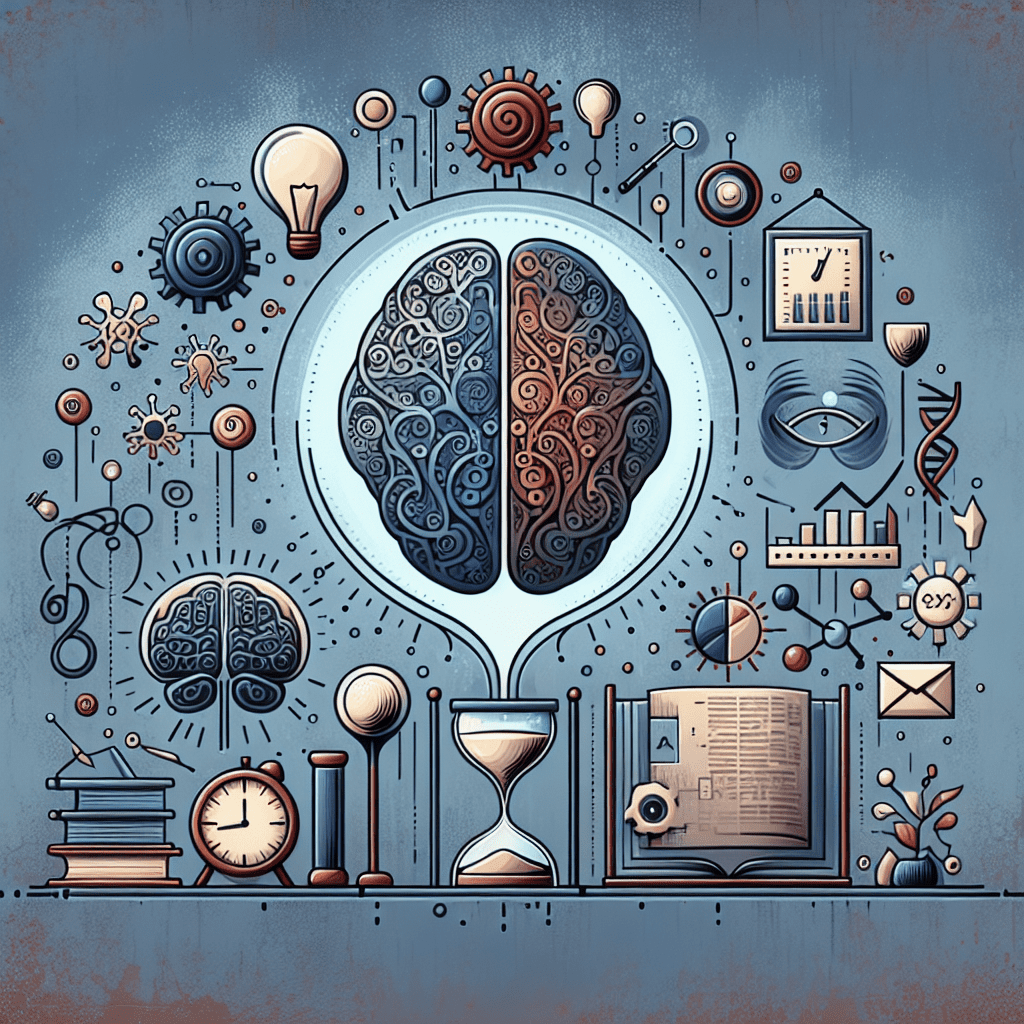Introduction: Step into a World Where Movement Inspires Thought Imagine a world where the simple act of moving your body could ignite a spark of creativity, changing the way you think and solve problems. This might sound like the plot of a science fiction novel, but it’s actually the focus of a groundbreaking research paper […]
Tag: Cognitive neuroscience

Uncovering the Weighty Connection Between ADHD and Self-Regulation: What It Means for Children’s Health
Introduction: A Mind-Body Puzzle Imagine sitting in a classroom, physically present but mentally miles away. Your mind races, jumping from one thought to another, struggling to keep focused. Now, throw in another layer—your relationship with food is as unpredictable as your thoughts, sometimes craving an extra slice of pizza when you’re not even hungry. For […]

The Balancing Act: ADHD, Body Weight, and the Art of Self-Regulation
Introduction: The Curious Link Between ADHD and Weight Imagine trying to stay balanced on a tightrope, with gusts of wind pushing you from every side. For many children with Attention-Deficit/Hyperactivity Disorder (ADHD), life can feel just like that—constantly off-balance, always navigating swirling currents of distraction and impulse. But there’s another aspect to this complex condition […]

The Gene That Shapes Our Emotional Memory: Exploring the Influence of AKAP5 Pro100Leu
Introduction: Discovering the Emotional Mind Imagine walking into a room filled with people; some faces are joyful, others carry traces of sadness. In a split second, your brain processes these emotions, affecting how you feel, think, and act. What if a tiny change in your genetic code could alter this experience, influencing how you remember […]

Exploring the Intricate Dance Between ADHD, Body Weight, and Self-Regulation
Introduction: Unraveling the Mysteries of Mind and Body Imagine juggling fiery torches while riding a unicycle and trying to maintain your balance—all at the same time. This challenge mirrors what it’s like for many people dealing with ADHD. But here’s a twist: if body weight were a factor in this scenario, imagine the impact it […]

The Tangled Map: Navigating Spatial Disruptions in Anorexia Nervosa
Introduction: Inside the Mind’s GPS Imagine trying to navigate a bustling city without a map or GPS. Disorienting, right? Now, consider how your brain acts as an internal compass, helping you make sense of your surroundings seamlessly. But what happens when this internal system falters? This intriguing question is at the core of a fascinating […]

Learning Through the Eyes of Others: Insights from Williams Syndrome
Introduction Imagine trying to learn a new skill, like mastering a musical instrument or grasping the basics of a new sport. Now, picture someone doing the task skillfully and effortlessly nearby. You watch, absorb, and then attempt. How much easier would it be to follow their lead than to stumble through on your own? This […]

The Influence of Being Watched: Enhancing Visual Search Precision
Introduction Imagine driving through a bustling city, where every decision and split-second action can have dire consequences. In this high-stakes environment, missing a pedestrian darting across the street might lead to a catastrophe. But what if simply feeling like someone was observing you could enhance your vigilance and precision? This might sound like the plot […]

Understanding the Intersection: Social Cognition, Gender, and the Autism Spectrum
Introduction Imagine walking into a crowded room and immediately feeling overwhelmed by the noise, faces, and invisible social expectations. For many, navigating social situations is as intuitive as breathing. But for others, it can be a daunting maze. This brings us to an intriguing intersection of social cognition, the male brain, and autism spectrum disorders. […]

Unraveling the Mystery of Paternal Age and Offspring Intelligence
Introduction: The Age-old Question of Age and Intelligence How much does a father’s age really matter to a child’s development? It’s a question that might have crossed your mind more than once, especially if you’re planning to start a family. When it comes to parenting, age has often been scrutinized primarily from the mother’s side. […]
